4, April 2021
Jordan arrests former senior royal aides for ‘security reasons’ 0
The half-brother of Jordan’s King Abdullah II was asked to “stop some movements and activities that are being used to target Jordan’s security and stability,” the country’s top general said Saturday amid the arrest of former senior officials close to the ruling monarchy.
The details remained murky, but any internal unrest would raise alarms among the US and other Western nations, which have long viewed Jordan’s ruling monarchy as a key military ally and a bastion of stability in a volatile region.
Gen. Yousef Huneiti, the army chief of staff, denied reports that Prince Hamzah – the king’s half-brother who was also a former crown prince – had been arrested. He said an investigation is still ongoing and its results will be made public “in a transparent and clear form.”
“No one is above the law and Jordan’s security and stability are above all,” he told the official Petra news agency.
Petra had earlier reported that two senior officials who formerly worked for the palace “and others” had been arrested for “security reasons,” without providing further details.
The Petra report said Sharif Hassan bin Zaid, the former royal envoy to Saudi Arabia, and Bassem Ibrahim Awadallah, the former head of the royal court, were detained. Awadallah also previously served as planning minister and finance minister.
The agency did not provide further details or name the others who were arrested.
“We are closely following the reports and in touch with Jordanian officials,” State Department spokesman Ned Price said. “King Abdullah is a key partner of the United States, and he has our full support.”
Abdullah has ruled Jordan since the 1999 death of of his father, King Hussein, who ruled the country for close to a half-century. The king has cultivated close relations with US and other Western leaders over the years, and Jordan was a key ally in the war against the Islamic State group. The country borders Israel, the occupied West Bank, Syria, Iraq and Saudi Arabia.
Jordan’s economy has been battered by the coronavirus pandemic. The country, with a population of around 10 million, also hosts more than 600,000 Syrian refugees.
Jordan made peace with Israel in 1994, but relations have been tense in recent years, largely due to differences linked to Israel’s conflict with the Palestinians. Jordan is home to more than 2 million Palestinian refugees, most of whom have Jordanian citizenship.
Abdullah stripped his half-brother Hamzah of his title as crown prince in 2004, saying he had decided to “free” him “from the constraints of the position of crown prince in order to give you the freedom to work and undertake any mission or responsibility I entrust you with.”
The current crown prince is Abdullah’s oldest son, Hussein, aged 26.
Abdullah had chosen Hamzah as his crown prince hours after their father died of cancer in February 1999. The designation was out of respect for Hussein, who is known to have favored Hamzah the most among his 11 children from four marriages.
Abdullah and Hamzah have not displayed any open rivalry over the years.
Source: AP
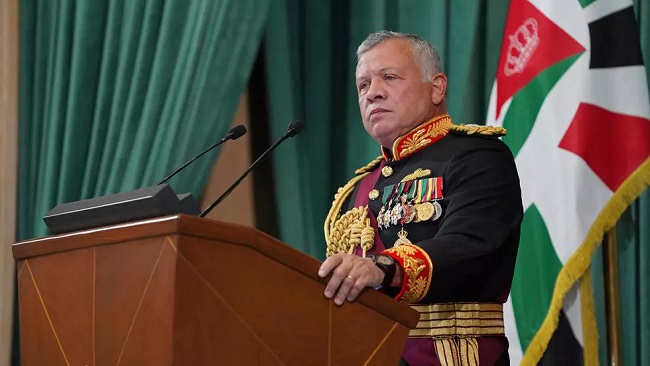
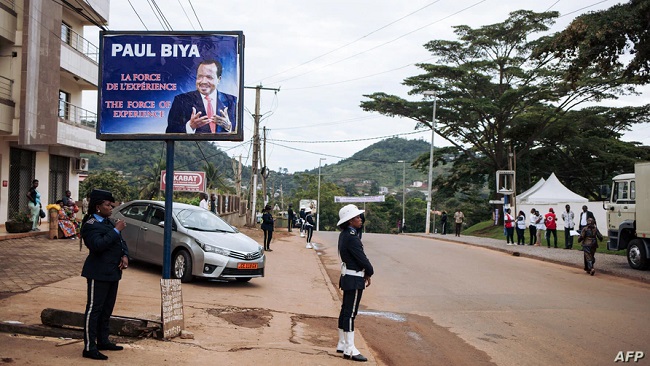
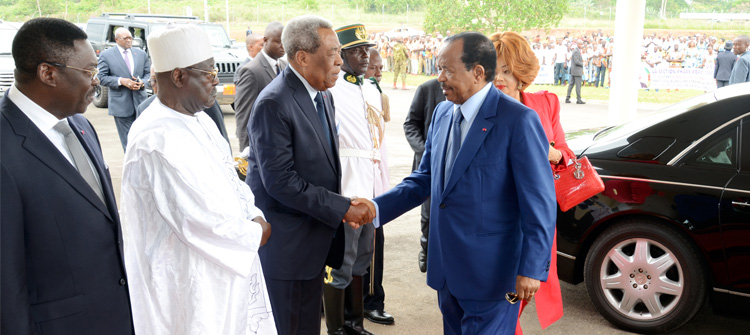
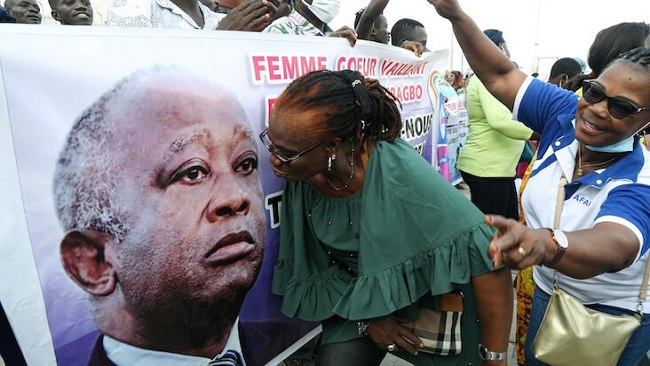

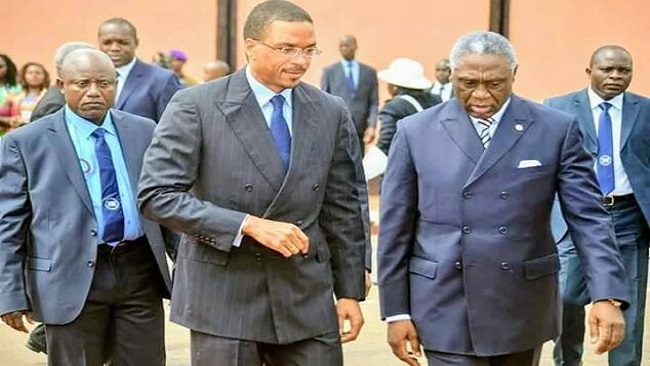
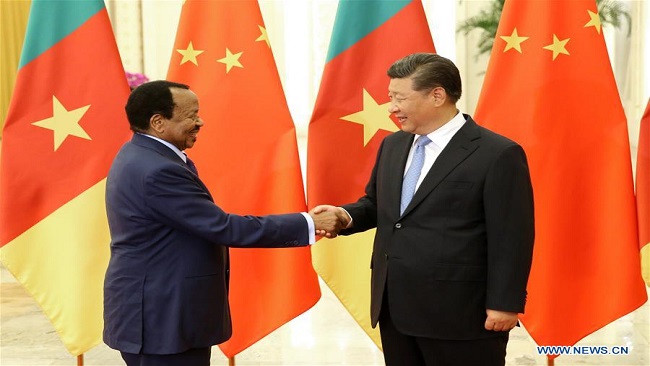

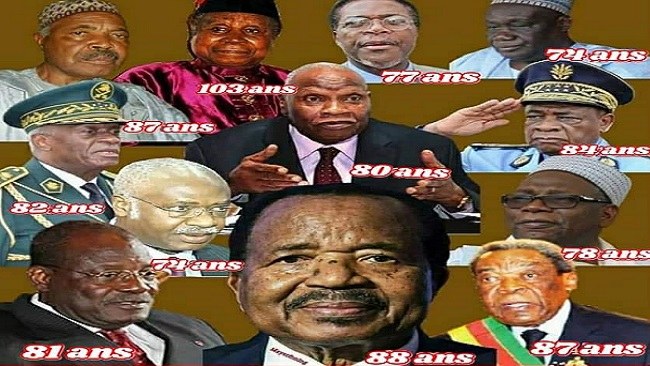

















5, April 2021
Jordan: Palace turmoil, wave of arrests over plot to ‘destabilise’ kingdom 0
Jordan’s Prince Hamzah, accused of a “wicked” plot against his elder half-brother King Abdullah II, has struck a defiant tone, insisting he will not obey orders restricting his movement.
The government has accused Hamzah of involvement in a seditious conspiracy to “destabilise the kingdom’s security”, placed him under house arrest and detained at least 16 more people.
But 41-year-old Hamzah, who says he has been ordered to stay inside his Amman palace, vowed he would defy orders limiting his movement and communications, in an audio recording posted on Twitter late Sunday.
“I don’t want to make moves and escalate now, but of course I’m not going to obey when they say you can’t go out, you can’t tweet, you can’t communicate with people, you’re only allowed to see your family,” he said.
Hamzah, a former crown prince who was stripped off that title by Abdullah in 2004, has emerged as a vocal critic of the monarchy, accusing Jordan’s leadership of corruption, nepotism and authoritarian rule.
In a video he sent to the BBC on Saturday he bemoaned “incompetence that has been prevalent in our governing structure for the last 15 to 20 years and has been getting worse”.
He charged that “no-one is able to speak or express opinion on anything without being bullied, arrested, harassed and threatened”.
‘Wicked slander’
Hamzah denied being involved in any “nefarious” plot, but said he had been placed under house arrest, with his phone and internet cut, by Jordan’s military chief, General Youssef Huneiti.
In the recording released Sunday, Hamzah said that: “When the head of the joint chiefs of staff comes and tells you this … I think it’s kind of unacceptable”.
He added that when Huneiti visited his home, “I recorded what he said and sent it to my friends abroad and to my family, in case anything happens”.
King Abdullah, 59, named Hamzah crown prince in 1999, in line with their father’s dying wish, but stripped him of that title five years later and named his own son Prince Hussein, now 26, heir to the throne.
Hamzah’s mother, American-born Queen Noor, defended her son and the others on Sunday, tweeting that she was “praying that truth and justice will prevail for all the innocent victims of this wicked slander.”
Linchpin of stability
Jordan’s palace turmoil has laid bare divisions in what is usually considered a bulwark of stability in the Middle East.
Washington, major Gulf powers, Egypt and the Arab League were all quick to pledge their support for Abdullah and all his steps to ensure stability.
Jordan has only 10 million people but outsized strategic importance in a turbulent region. It borders Israel and the occupied West Bank, Syria, Iraq and Saudi Arabia and is the formal custodian of Jerusalem’s Al Aqsa Mosque.
It hosts US troops and is home to millions of exiled Palestinians and more than half a million Syrian refugees.
The Washington Post had first reported Saturday that the former crown prince was “placed under restriction” as part of a probe into an alleged plot to unseat the king.
Jordan’s government waited until Sunday afternoon to outline its case, delivered by the foreign minister and deputy premier Ayman Safadi.
“This sedition was nipped in the bud,” Safadi said, charging that the plotters had linked up with foreign parties “to carry out wicked plans aimed at destabilising” the kingdom.
Among those arrested were a former finance minister, Bassem Awadallah, who was chief of the royal court in 2007-08, and Sherif Hassan bin Zaid, a junior member of the royal family.
Safadi declined to identify the alleged foreign parties or say what the charges were, but said authorities acted because the alleged conspirators were “talking about timing”.
He also charged that an individual “with links to foreign intelligence services” had offered to spirit Hamzah’s wife out of the country by plane.
An Israeli who said he is a close friend of Hamzah, Roy Shaposhnik, said in a statement he had indeed “extended an invitation for the prince’s wife and children to stay at his home in Europe”.
He said he had made “this benign, humanitarian” offer after the prince had described a “dynamic situation in Amman” and voiced “concerns about the safety of his family”.
Shaposhnik stressed that he had “never served in any capacity with any intelligence branch in Israel or any other country for that matter” and that he had “no knowledge of, or any involvement with, events that are allegedly transpiring in Jordan”.
(AFP)